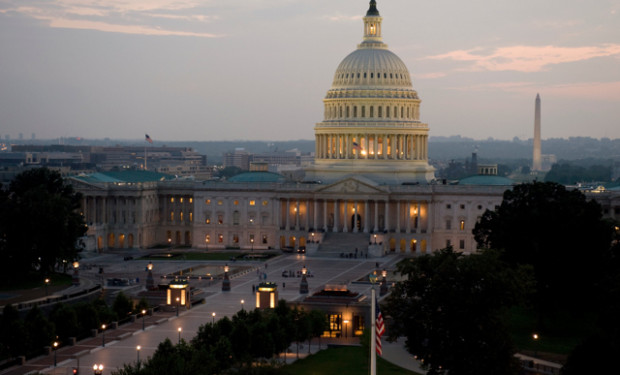Let’s Reframe The Blame Game
In the context of sexual assault, meaningful change requires a shift in the way society views its victims.
Editor’s Note: This article is the third in a three-part series on issues surrounding sexual assault reporting and the need for reform. You can read Part One and Part Two here.
The federal government is finally cracking down on campus sexual assault, a serious and widespread crime that remains frequently mishandled at many colleges and universities. How has it gotten so out of hand? Holes in campus policies and procedures, students and school officials who are ill-equipped to deal with these sensitive matters, and a lack of enforcement by the federal government: all are to blame for a very serious problem that has until now gone woefully unaddressed.
Extreme underreporting of incidents combined with a cultural tendency to blame the victim make sexual assault a unique beast.
The White House Task Force to Protect Students From Sexual Assault (“the Task Force”) seeks to right these wrongs. Yet there are other issues at play: extreme underreporting of incidents combined with a cultural tendency to blame the victim make sexual assault a unique beast.
It is difficult to determine how many sexual assaults actually occur each year because many incidents—eighty percent, according to a 2013 National Research Council study—are never reported to law enforcement. Victims may feel ashamed, confused, and depressed; serious psychological effects such as post-traumatic stress disorder are also common. Some victims choose not to come forward because they do not want to testify at trial; others fear retribution by their attackers.
Only eight percent of rapists are prosecuted and just three percent serve prison time.
Unfortunately, sexual assault victims who do report face a difficult struggle. Physical evidence is crucial to prosecuting sex crimes, but the time frame from which it may be obtained is very limited. Due to emotional trauma, victims may fail to come forward until too much time has passed, or after inadvertently destroying evidence that might aid prosecution. At that point, it largely becomes a painful and humiliating witness-stand battle of “he said, she said” that many victims would prefer not fight. The resulting statistics do little to inspire future victims to report: anti-sexual violence organization RAINN (Rape, Abuse & Incest National Network) estimates that only eight percent of rapists are prosecuted and just three percent serve prison time.
No level of inebriation, no manner of dress, no conduct whatsoever invites sexual assault.
Some women choose not to report sexual assaults because they feel as though they are partly responsible for the crimes against them—sad, but unsurprising, given our collective tendency to blame the victim. Accusations are met with stigma; public response is often underscored by varying levels of belief that “she was asking for it.” Yet the blame is wildly misplaced. No level of inebriation, no manner of dress, no conduct whatsoever invites sexual assault. A mentality to the contrary is misogynistic, backwards, and damaging to the nation as a whole.
Sexual assault is a uniquely sensitive crime. Its ills are deeply entrenched within our society, and real change requires a fundamental reprogramming of the way that we view its victims. If we stop stigmatizing those brave enough to speak out, we may perhaps see an increase in the numbers of perpetrators reported, prosecuted, and imprisoned. Although but one piece of the puzzle, the Task Force’s efforts on college and university campuses represent a major step forward.





